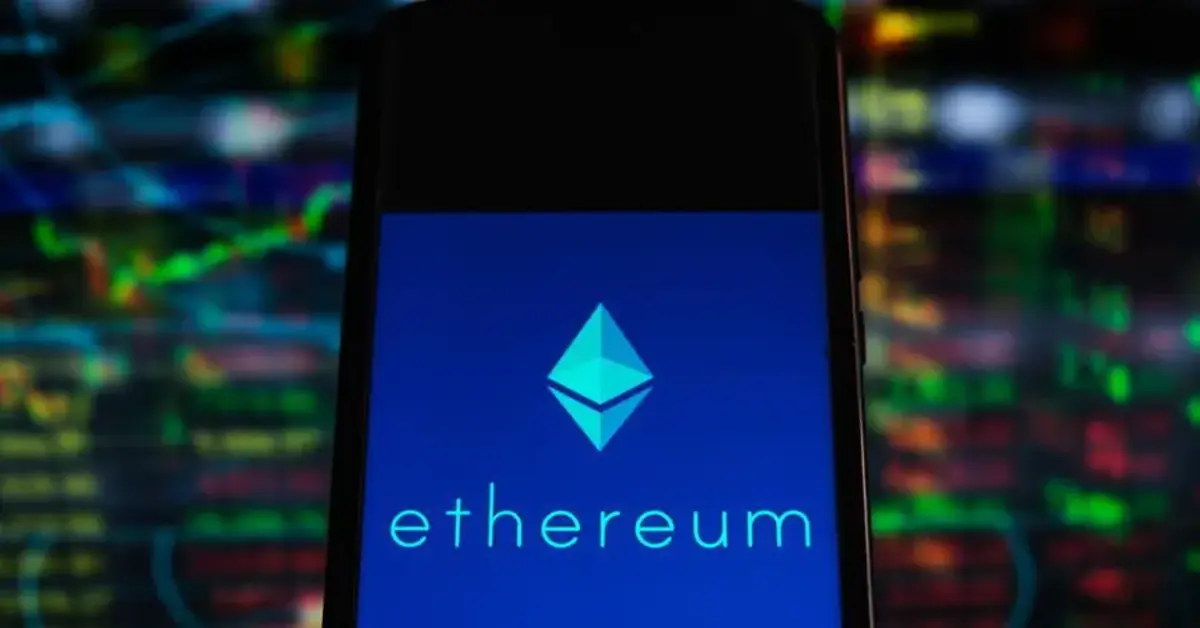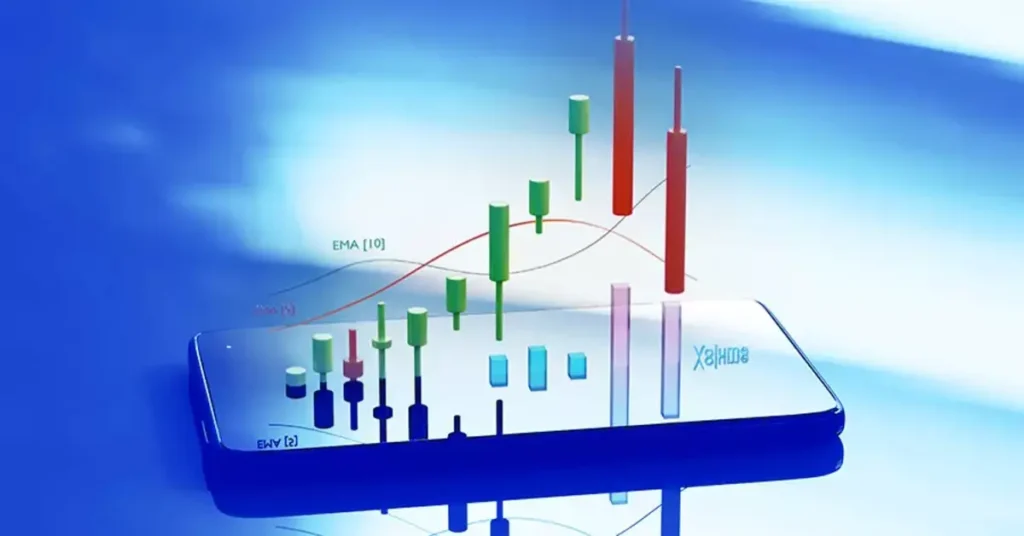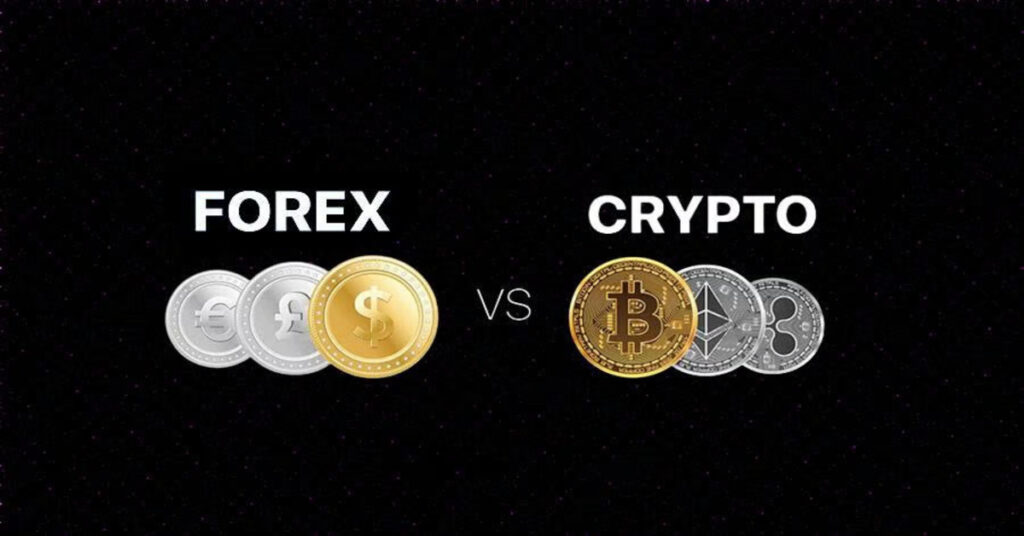How to Buy Ethereum: A Step-by-Step Guide
Ether, also known as Ethereum, is the second most popular form of cryptocurrency available today. This token has gained significant attention in the digital currency market due to its unique features and potential for growth. However, investing in cryptocurrency is not a decision to be taken lightly, and should always be approached with caution and appropriate financial advice.
For those considering investing in Ether, it is important to understand what it is and how to purchase it. This article will provide an overview of the token, as well as potential risks involved with investing in cryptocurrency. As always, individuals should only invest what they can afford to lose and seek professional financial advice before making any investment decisions.
What is Ethereum?
Ethereum is a decentralized network that allows for direct communication and transactions between individuals without the need for intermediaries. Unlike centralized networks like Twitter and payment providers, Ethereum aims to eliminate the middleman, making peer-to-peer communication and transactions faster and cheaper. However, broker fees still apply when buying and selling on crypto platforms.
One of Ethereum’s most well-known features is its Ether (ETH) cryptocurrency. While traditional fiat currency transactions require a third party like a bank or payment provider to facilitate the payment, Ethereum transactions use a decentralized ledger to process transactions without an intermediary. Every member of the network has a copy of the ledger and can participate in recording transactions.
The Ethereum ledger is maintained by volunteers who stake their own ETH for the chance to validate transactions and earn valuable ETH in return. The more ETH a user stakes, the better their chances of becoming a validator. When 51% or more of the network agrees that a user’s copy of the ledger is accurate, it becomes the official record of transactions. This majority vote prevents someone from attempting to claim there’s more ETH in an account than there actually is.
Unlike Bitcoin, Ethereum is not solely for crypto transactions. The platform allows for the building and deployment of decentralized applications (dApps) and smart contracts. For example, Peepeth is a social network on the Ethereum network that is less susceptible to censorship or influence because it is decentralized. Members of the dApp communities themselves vote on the direction of such projects, deciding how content moderation or how content is boosted or hidden.
Overall, Ethereum is a decentralized network that aims to eliminate the need for intermediaries in communication and transactions. Its decentralized ledger system allows for greater transparency and participation from its members.
Buying Ether
Investors interested in buying Ether can follow these five steps to get started:
1. Determining Risk Levels
Buying Ether involves risk, as with any investment. Cryptocurrencies are particularly vulnerable to price fluctuations, making it crucial for investors to consider their risk tolerance and the diversity and stability of their investment portfolios before buying Ether. Experts recommend that investors never invest more in crypto than they can afford to lose.
2. Choose a Crypto Exchange
To buy Ether, investors must first create an account on a crypto exchange. Cryptocurrencies aren’t traded on major exchanges like those of London or New York, and many brokerages don’t offer crypto investing. Investors can choose from a variety of crypto exchanges, and should consider factors such as fees, trading platform complexity, and the availability of a crypto wallet to store investments.
3. Fund an Account
Before buying Ether through a crypto exchange, investors will need to fund their account. Money can be deposited from a bank account, such as a current account, or through a payments provider. Some providers may not allow investors to use their credit cards to buy crypto, and investors should be aware of any fees that may be added to the cost of the transaction.
4. Buy Ethereum
To purchase Ether, investors can enter its ticker symbol, ETH, in the exchange’s “buy” field and input the amount they want to buy. Investors don’t have to buy a whole Ether token if they don’t have enough money in their account for a full coin; they can purchase a fraction of one.
5. Storing Ethereum
After buying Ether, investors must store their cryptocurrency. Some platforms will store it for the investor, while others may choose to store their investments themselves to reduce the potential likelihood of losing their crypto to a hack. Investors can choose between two types of third-party wallets: hot wallets and cold wallets. Hot wallets are connected to the internet and can be accessed from a computer or smartphone, while cold wallets are external devices disconnected from the internet while not in use. Cold wallets tend to be safer but less convenient than hot wallets.
It’s important for investors to keep their public and private keys safe, as both are needed to execute a trade. Most exchanges offer a free crypto wallet for users to share public and private keys.
Selling Ethereum
Selling Ethereum is a simple process that can be done within a crypto exchange. Investors can choose to trade their ETH for another crypto asset or sell it for fiat currency. Most exchanges charge a small percentage of the trade as a fee, which is displayed to the investor before executing the transaction.
It is important to note that profits from the sale of crypto may be subject to capital gains tax. Investors who sell a substantial amount of crypto may want to seek advice from a licensed tax professional.
To summarize, selling Ethereum can be done easily within a crypto exchange and investors should be aware of the fees and potential tax implications.
Should an Investor Buy Ethereum?
Investing in Ethereum is a decision that should not be taken lightly. While it is one of the most popular cryptocurrencies with over 116 billion coins in circulation, it may not be the right investment for everyone. Investors should ensure that they have conducted thorough research and have their finances in order before investing in Ether. This includes having a substantial emergency fund, minimal debt, and a well-planned pension arrangement.
Even if an investor meets all of these requirements, it is still important to diversify their portfolio. Investing only a portion of their funds in Ethereum or other cryptocurrencies is recommended due to the volatile nature of the market.
It is important to note that this section does not endorse or discourage investing in Ethereum. Instead, it provides investors with the necessary information to make an informed decision based on their financial situation and risk tolerance.
What is Ethereum 2.0?
Ethereum 2.0 is the current version of Ethereum, which was introduced last year after a major change in the way the network operated. The new version of Ethereum uses a consensus mechanism called proof of stake, which is more energy-efficient than the old proof of work mechanism.
Previously, users had to compete to validate transactions by guessing a long alphanumeric string of text within a short window of time. This process was called proof of work, and it required users to use powerful computers to test possible combinations. The more powerful a computer was, the more guesses it could make per second, improving the user’s chances of correctly guessing the string or being the closest by the time the window closed. Whoever won was rewarded with an amount of Ether and had their version of the ledger added to the ongoing ledger of all previous records – the blockchain.
The old proof of work mechanism led to an arms race of computing horsepower, with users competing to build more powerful computing rigs in order to reap the rewards of validating a block of transactions – free Ether. All of this computing power used a tremendous amount of energy, which was seen as being unsustainable.
Ethereum 2.0 marked the introduction of a new consensus mechanism called proof of stake. Now, users don’t need powerful computers to stand a chance of validating a block and earning ETH. Instead, they stake their own ETH for the opportunity. The more Ether that is staked the better the chances of becoming a validator and earning the freshly minted ETH. And, since it is necessary to stake a tremendous amount of ETH to be chosen and control 51% of the votes on the network, the new consensus mechanism prevents cheating without the environmental impact.
Critics of proof of stake argue that it stacks the deck in favor of those with the most ETH to stake, rather than those with the most computing power, which enriches the already wealthy. However, the new consensus mechanism prevents cheating without the environmental impact of the old proof of work mechanism.
Bitcoin, Ethereum’s biggest rival, still uses the old proof of work consensus mechanism. It is worth noting that cryptocurrency is unregulated in the UK, and the Financial Conduct Authority has warned investors that they risk losing all their money if they buy cryptocurrency, with no possibility of compensation.
Frequently Asked Questions
What’s the difference between Ethereum, Ether, and ETH?
Ethereum is a blockchain platform, while Ether is the native currency of the Ethereum platform. Users spend Ether to consume Ethereum’s services. ETH is the stock symbol or ticker symbol used as shorthand for Ether.
Is Ethereum safe?
Ethereum’s native currency Ether is as safe as any other cryptocurrency, but it’s volatile and unpredictable. The UK’s financial services watchdog, the Financial Conduct Authority (FCA), has warned that anyone investing in cryptocurrency should be prepared to lose everything. Crypto markets are unregulated at the time of writing, but a Treasury select committee of MPs in May 2023 called for crypto to be treated the same way as gambling by regulators, saying it has “no intrinsic value”. ETH volatility aside, Ethereum bills itself as the “most secure and decentralized smart-contract platform in existence”.
Where can Ethereum be bought in the UK?
Ether can be bought from a number of crypto exchanges. However, it’s important to choose an exchange with the lowest transaction fees.
Can Ethereum be bought with another cryptocurrency?
Yes, investors can trade many other cryptocurrencies for Ether (ETH) in the same way Sterling can be used to pay for ETH. The amount investors get in return for 1 ETH depends on the value of the currency it is being traded for. For example, 1 ETH is currently worth 0.07 Bitcoin (BTC).
What’s the cheapest way of getting Ethereum?
Currently, the cheapest way to get Ether is to buy it from an exchange with the lowest transaction fees.
Can investors get Ethereum without any fees?
There are some exchanges, such as eToro, which offer no-fee ETH trades. However, many exchanges either charge fees for storage of investors’ public and private keys or levy a fee when investors withdraw their funds.
Can Ethereum overtake Bitcoin?
Switching to proof of stake is seen by some as a means of making Ethereum more sustainable than Bitcoin over the long term – which could see it overtake its rival. However, since Bitcoin is designed for payments only and Ethereum is designed to do more, they’re not directly comparable. BTC and ETH are directly comparable, however. A single BTC costs around 20 times more than an Ether token, and Bitcoin has a market capitalization of £417 billion compared to Ethereum’s £180 billion – so Ethereum has a long way to go.
Is Ethereum legal in the UK?
Yes, it’s legal to own and trade Ethereum in the UK. The crypto market is unregulated for now, however, which means there’s no support from the government if investors lose everything because the market collapses or they are scammed.









